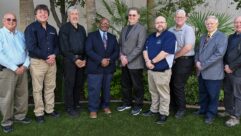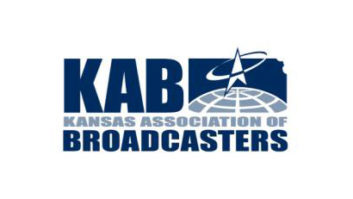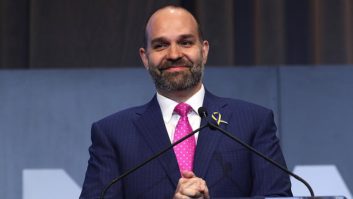Several lawmakers queried FCC Chairman Tom Wheeler about the agency’s plan to reorganize its Enforcement Bureau field offices during a Thursday House Communications and Technology Subcommittee hearing on increasing transparency at the agency.
Rep. Billy Long (R-Mo.) asked why, if the bureau plans cuts, there were eight top managers in 2009 and 16 now, according to the FCC’s website.
Wheeler replied that was “unrelated” to the plans to close just over half of the field offices, leaving eight remaining and reduce the field agents from just over 60 to just over 30.
“What we’re trying to do is put together a structure that is much more efficient in the way in which we do our jobs. This is a question of where do you put your bodies? The problems are out there,” Wheeler said, gesturing away from the witness table. “And the problems aren’t solved any better because you have 24 offices,” which is the current number.
The Kansas City Field Office, closest to Long’s constituents, is slated for closure. Wheeler told Long that the bureau spends some $638,000 a year for four people in that office; two are electrical engineers. That office handles 0.15 RF matters per week, he said.
The chairman described the costs for operating the field offices as “off the chart,” and much higher than the average total operating cost of $272 per square foot for the Washington office. The average total cost for operating the Houston office is $620 per square foot while that figure rises to $2,000 for Portland, according to the chairman.
Rep. Bill Johnson (R-Ohio) summed up data supplied by the commission that indicates the field offices take the majority of enforcement actions — 88% in 2011, 76% in 2012 and 89% in 2013. Given that, he asked Wheeler how would the agency continue that level of enforcement activity “from the few remaining offices?”
Johnson continued: “If I were to read between the lines, aren’t you really talking about a wholesale retreat from the type of enforcement actions undertaken by the field like interference resolution, and abandonment of the pro-active enforcement work the field performs, like tower inspections?”
“We have too many field offices … We have good people, but they’re not effectively applied,” Wheeler replied.
The chairman said “no” when asked by Rep. Mike Pompeo (R-Kan.) asked: “Will the closure of 16 of the 24 field offices negatively affect your commitment that a 99% response rate can be preserved” for interference and public safety complaints?
Rep. Peter Welch (D-Vt.) asked whether the chairman had any suggestions that would require congressional legislation “to give you additional room, but not necessarily more money” in hiring.
Without getting into numbers, Wheeler said: “We need economists and engineers. It’s difficult to hire them. The process for hiring a lawyer is much easier, and the bigger question here is our budget is constantly being cut.”
Welch said he would try and help remedy the hiring constraints.
Several members of the subcommittee, led by Chairman Greg Walden (R-Ore.), have asked for any of the material related to the agency’s closure plans. Wheeler assured Pompeo that information would be forthcoming, noting that personal identification information is being removed first.












